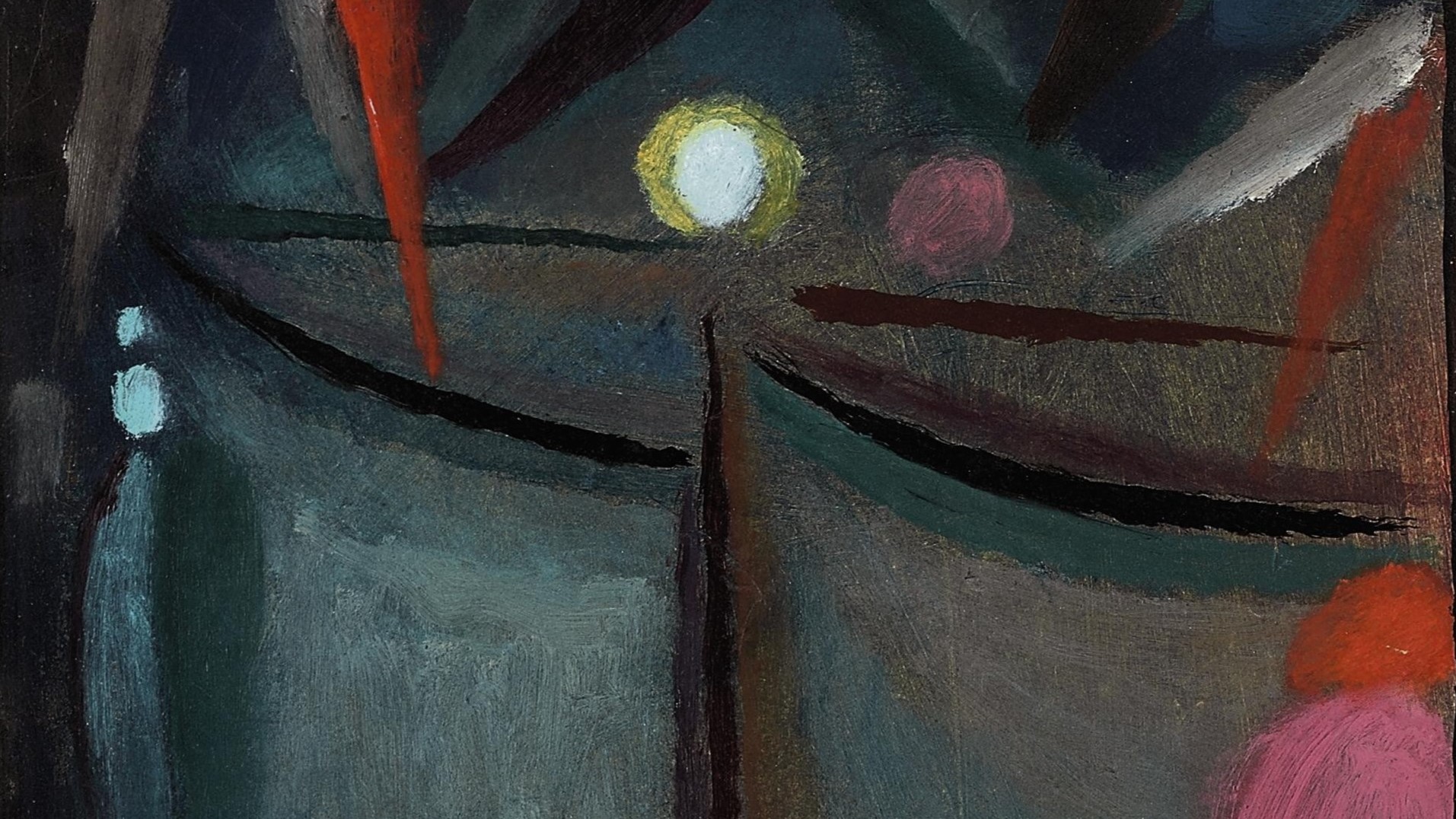
Matthew 11:28-30
Narrative Lectionary 144
28 “ComeA to me, allB you who are wearyC and are carrying heavy burdens,D and I will give you rest.E
A “come” = deute. 12x in NT. From deuro (come here, hither, hence, now, until now). This is come, follow – as an exclamatory mood.
B “all” = pas. This is all or every.
C “are weary” = kopiao. From kopos (labor that leads to exhaustion, depletion, weariness, fatigue; working until worn out); from kopto (to cut, strike, cut off; beating the chest to lament and so to mourn). This is working with effort, whether of the body or mind, growing weary, feeling tired, working hard.
D “carrying heavy burdens” = phortizo. 2x in NT. From the same as phortion (burden, cargo; a load that an individual must carry that isn’t transferable; figuratively, a task or service); from phortos (load, cargo); from phero (to bear, carry, bring forth, conduct, lead; may mean to make known publicly; to carry along particularly for a limit time or on a temporary basis; to bear or carry in a literal or figurative sense). This is to pack up, weigh down, burden, overload. It can be to load a vessel, an animal, or a person. Figuratively, it can be weighed down with spiritual anxiety or strain.
E “give…rest” = anapauo.12x in NT. From ana (up, again, back, among, between, anew) + pauo (to stop, refrain, pause, restrain, quit, come to an end). This is a break from work, which implies being refreshed. It denotes that rest that one gets once a necessary task is finished.
29 TakeF my yokeG upon you, and learnH from me,
F “take” = airo. This is to lift up in a literal or figurative sense. So, it could mean to lift, carry, or raise. It could also imply lifting something in order to take it away or remove it. Figuratively, this can be used for raising the voice or level of suspense. It can mean sailing off as raising the anchor. It can also correspond to a Hebrew expression for atonement of sin (lift/remove sin).
G “yoke” = zugos. 6x in NT. From zeugnumi (to yoke). This is a yoke or set of scale. It is what unites people in shared work so it is servitude or obligation.
H “learn” = manthano. This is to learn, ascertain, understand. It is knowledge that one gets from personal experience and it implies reflecting on that experience. It can also focus on gaining knowledge by learning facts. This root is where the Greek word for disciple comes from (mathetes).
for I amI gentleJ and humbleK in heart,L
I “am” = eimi. This is to be, exist.
J “gentle” = praus. 4x in NT– same as “blessed are the meek” from the Beatitudes (Matthew 5:5). Related to praios (meek, gentle, kind); related to praotes (mildness kindness, meekness; gentle, but strong; humble). This is gentle, meek, humble.
K “humble” = tapeinos. 8x in NT. This is low in position, depressed, low in circumstance, meek, cast down. Figuratively, it can be humiliated or low in spirit.
L “heart” = kardia. Literally the heart, but figuratively mind, character, inner self, will, intention, thoughts, feelings. Also, the center of something. The word heart is only used figuratively in the Old and New Testaments. This is where “cardiac” comes from.
and you will findM restN for your souls.O
M “find” = heurisko. This is to find, learn, or obtain. It is to discover something, which generally implies a period of searching for it. This is to find in a literal or figurative sense. This is where the word “heuristic” comes from.
N “rest” = anapausis. Related to “give…rest” in v28. 5x in NT. From anapauo (see note E above). This is an intermission, refreshment, recreation, rest from work. It can also refer to inner tranquility.
O “souls” = psuche. From psucho (to breathe, blow). This is breath, the breath of life, the self, individual, soul. This is the word for that which makes a person unique – their identity, will, personality, affections. This isn’t the soul as the immortal part of us, but as our individuality. It is also not life as a general concept, but specific to people. This is where the words psyche and psychology come from.
30 For my yoke is easy,P and my burdenQ is light.”R
P “easy” = chrestos. 7x in NT. From chraomai (to use, make use of, give what is needed, act in a specific way, request). This is useful, good, well-fitted, benevolent, kind, gracious. It was also a name given to slaves in the ancient world.
Q “burden” = phortion. Related to “carrying heavy burdens” in v28. 6x in NT. See note D above.
R “light” = elaphros. 2x in NT. Perhaps related to elauno (to propel or carry – to drive forward with oars or like the wind does; driven by a demon); akin to elasson (smaller, worse, younger, lesser quality); from elachistos (smallest or littlest in the sense of size, amount, rank, dignity, and so on); from elachus (short); used as a superlative for mikros (small). This is light as in easy to carry because its weight is low or because it is not cumbersome.
Image credit: “Face of the Savior, Crown of Thorns” by Alexej von Jawlensky, 1918.
